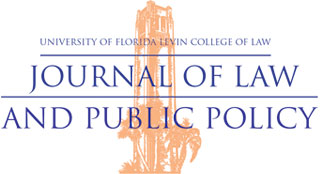
Abstract
The Supreme Court’s 2020 holding in Bostock v. Clayton County monumentally altered the availability of employment discrimination claims under Title VII to individuals identifying as members of the LGBTQ+ community. The Court did so by finding that the meaning of Title VII’s prohibition of workplace discrimination “because of sex” includes discrimination against individuals on the basis of their homosexual or transgender statuses. The effects of this decision on other aspects of employment litigation are still uncertain.
Pre-Bostock, transgender and non-binary individuals were largely left without a legal remedy under Title VII for hostile work environment sexual harassment claims. One novel claim developing post-Bostock is a hostile work environment sexual harassment claim brought by transgender or non-binary employees on the basis of intentional misgendering and deadnaming. Although various federal courts have heard sexual harassment claims involving misgendering and deadnaming of gender diverse individuals post-Bostock, due to the contemporary nature of the holding, there is a paltry amount of relevant federal case law and little uniformity amongst these courts’ handling of such claims.
To better address the proven detrimental effects of intentional misgendering and deadnaming in the workplace, and to satisfy Title VII’s purpose, Courts should: (1) use a reasonable gender diverse person standard (rather than applying a reasonable person standard) when determining whether conduct toward gender diverse individuals is sufficiently severe or pervasive under Title VII; (2) defer to Equal Employment Opportunity Commission (EEOC) guidance and adjudicative decisions regarding intentional misgendering and deadnaming in the workplace; and (3) reduce the burden of proof for plaintiffs in hostile work environment sexual harassment claims at both the federal and state levels.
Recommended Citation
O'Connell, Mackenzie
(2023)
""What's in a [Dead] Name?": Title VII Protections Against Misgendering and Deadnaming of Gender Diverse Individuals,"
University of Florida Journal of Law & Public Policy: Vol. 33:
Iss.
3, Article 4.
Available at:
https://scholarship.law.ufl.edu/jlpp/vol33/iss3/4